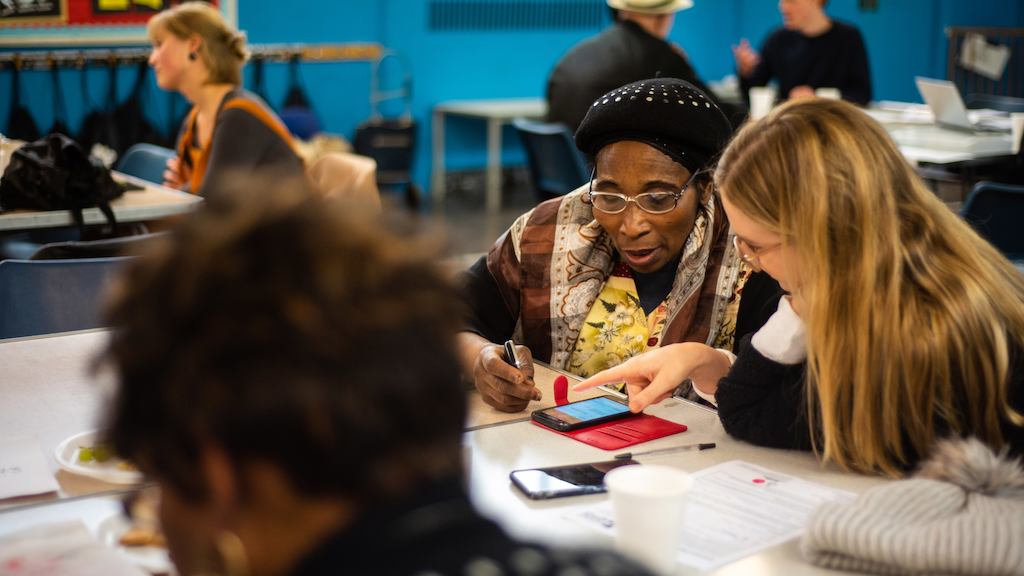Ofcom data published today shows that over a third of those aged 65-74 are not using the internet (35%) rising to almost a half of those aged 75 and over (47%) – significantly higher than younger groups (3% of 25-34 and 35-44 year olds, and 4% of 45-54 year olds).
Of the 65-74 year old age group not using the internet, 74% say there is nothing that would prompt them to go online in the next 12 months.
Older people are also more likely to be newer internet users (going online for the first time less than five years ago) and ‘narrow’ internet users (they carry out a small range of activities online).
There was also a clear age divide between the under and over 65s in the qualitative research carried out by Ofcom, which reported that none of the older group they talked to see the internet as essential.
With more and more services and transactions becoming ‘digital by default’, there is a huge risk that these people will be left behind. Yet these figures show that current approaches are still failing to reach those on the wrong side of the digital divide.
Ageing Better is calling for a different approach, with new, better targeted and more effective ways to support people in later life to use the internet in ways that work for them.
Jemma Mouland, Centre for Ageing Better’s Digital lead, said:
“These stats highlight that there are still millions of people in later life who are reluctant, or feel unable, to get online, and we need new ways of supporting them.
“Services such as banking and paying bills are increasingly moving online and we know people often get better deals by booking things online, for example energy or home insurance.
“Older people’s use of the internet is far more limited and this means they are potentially missing out on services they could most benefit from.
“Our report out next month shows that while ‘lack of interest’ is the main reason older people cite for not using the internet, this often masks more significant underlying barriers such as low confidence and misunderstanding of the internet. We need a new approach, that addresses how individuals perceive the value of being online, how able they feel to use the internet successfully, and their own personal need to do so.”
